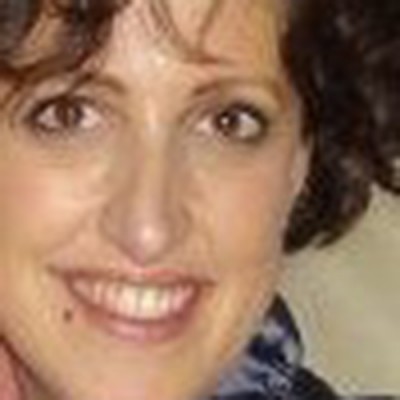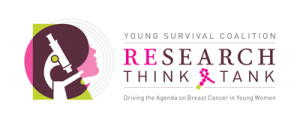"Patient advocacy" has become a buzz phrase in recent years within the research and medical communities. Grant review boards, such as the Department of Defense (DOD) and National Institutes of Health (NIH), have begun to invite a small handful of advocates to sit at the table and provide insight on future research priorities. The "big name" conferences such as American Society of Clinical Oncology (ASCO), San Antonio Breast Cancer Symposium and American Association for Cancer Research (AACR) now have patient-scientist programs to incorporate patients and/or advocates into the realm of their discussions.
| Nevertheless, these large venues are designed to serve as catchalls for what many still consider a heterogeneous disease with one set of problems and one set of solutions. Young survivorship is treated as an after-thought — a side conversation in a small conference room in annex B of the convention center. Despite good intentions, these meetings have barely begun to skim the surface when it comes to exploring the unique challenges of managing breast health, breast cancer and survivorship in young women as compared to our older counterparts. |
|
YSC, on the other, hand has tackled this problem head on.
Last month, YSC hosted a truly one-of-a-kind event in the Washington D.C. area, bringing together breast cancer scientists and advocates to discuss the most pressing issues surrounding how to improve upon the quantity and quality of life for young women with breast cancer. Even the nor’easter did not stop us!
Together, we formed a small yet vocal constituency representing universities, cancer centers and health care nonprofits from Boston to Texas to Seattle. Our voices echoed what has been said many times before: that young women are highly underrepresented in scientific literature and that more research is needed to progress further in this area.
The energy in the room was both contagious and magnetic as scientists and advocates explored ways to bridge the gaps in our understanding of this unique and wretched disease. In work groups, we thoroughly reviewed and summarized existing literature as it pertained to young women on six distinct topics: Quality of Life & Survivorship; Treatment; Metastases; Risk Factors; Fertility; and Pregnancy. For two days, conversations buzzed around what we know, what we do not yet know and what we deemed to be top research priorities for YSC moving forward. Although each person’s motivation differed slightly, we were all there for the same reason: to do everything in our power to create a world without breast cancer.
During the symposium, we paid special tribute to Randi Rosenberg and Kat Werner, two legacies and driving forces behind research on breast cancer in young women. Through their contributions we have begun to develop a strong vision and advocacy plan for addressing the needs of younger women. A 2003 article, Breast Cancer in Women Younger Than 40 Years, co-authored by Randi and published in the International Journal of Fertility, attests to the lack of information about and available to young women — an area that sadly still remains poorly understood nearly a decade later. We intend to carry on Randi and Kat's work, to push forward what was so near and dear to their hearts and, simply, to make them proud.
So, what’s next, you ask? Plenty!
YSC is in the process of compiling, reviewing, and discussing the information gleaned from this symposium. This information will be used to draft a prioritized research agenda for young women with breast cancer and to author a State of the Evidence Report which will be submitted for publication in peer-reviewed journals in order to scream from the rooftops: “here we are!” and “pay attention!” In doing so, it is our hope that one day the research community will give us our due attention and truly, fully address the needs of young women with breast cancer.





